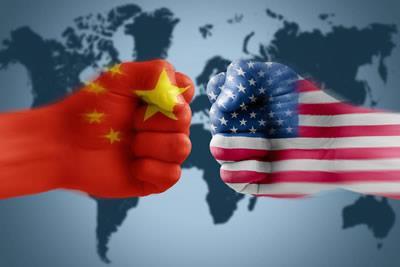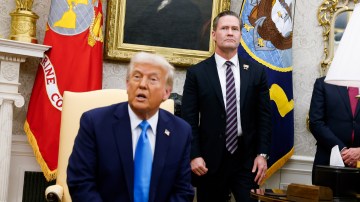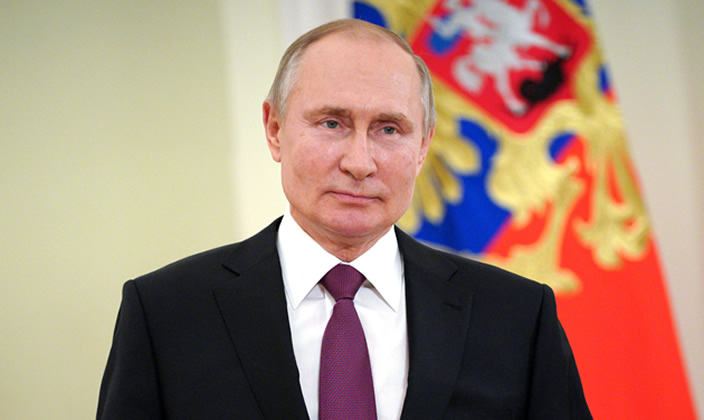The trade tensions between the United States and China have escalated significantly. On February 27, 2025, President Donald Trump announced an additional 10% tariff on Chinese imports, set to take effect next week. This decision was partly justified by concerns over China's alleged role in the fentanyl trade, with Trump asserting that the tariffs would pressure countries to curb drug trafficking.
In response, China has expressed strong opposition to the new tariffs. The Chinese government criticized the U.S. actions as a violation of World Trade Organization (WTO) rules and an act of "blackmail." Beijing has vowed to implement "firm and forceful measures" to protect its interests, though specific countermeasures have not been detailed yet.
The announcement has also impacted global financial markets. Stock markets worldwide have experienced volatility, with significant declines in indices such as Germany's DAX, Hong Kong's Hang Seng, and Japan's Nikkei. However, the UK's FTSE 100 has managed to avoid the worst of the selloff, dropping only 0.45%.
Economists suggest that China may adopt aggressive fiscal policies and measures to boost domestic demand in response to the escalating trade war. Strategies could include diversifying export markets and strengthening global trade partnerships to mitigate the impact of U.S. tariffs.
As the situation develops, both nations' actions are likely to have profound implications for the global economy, potentially affecting international trade relations and economic stability.

.jpg)








